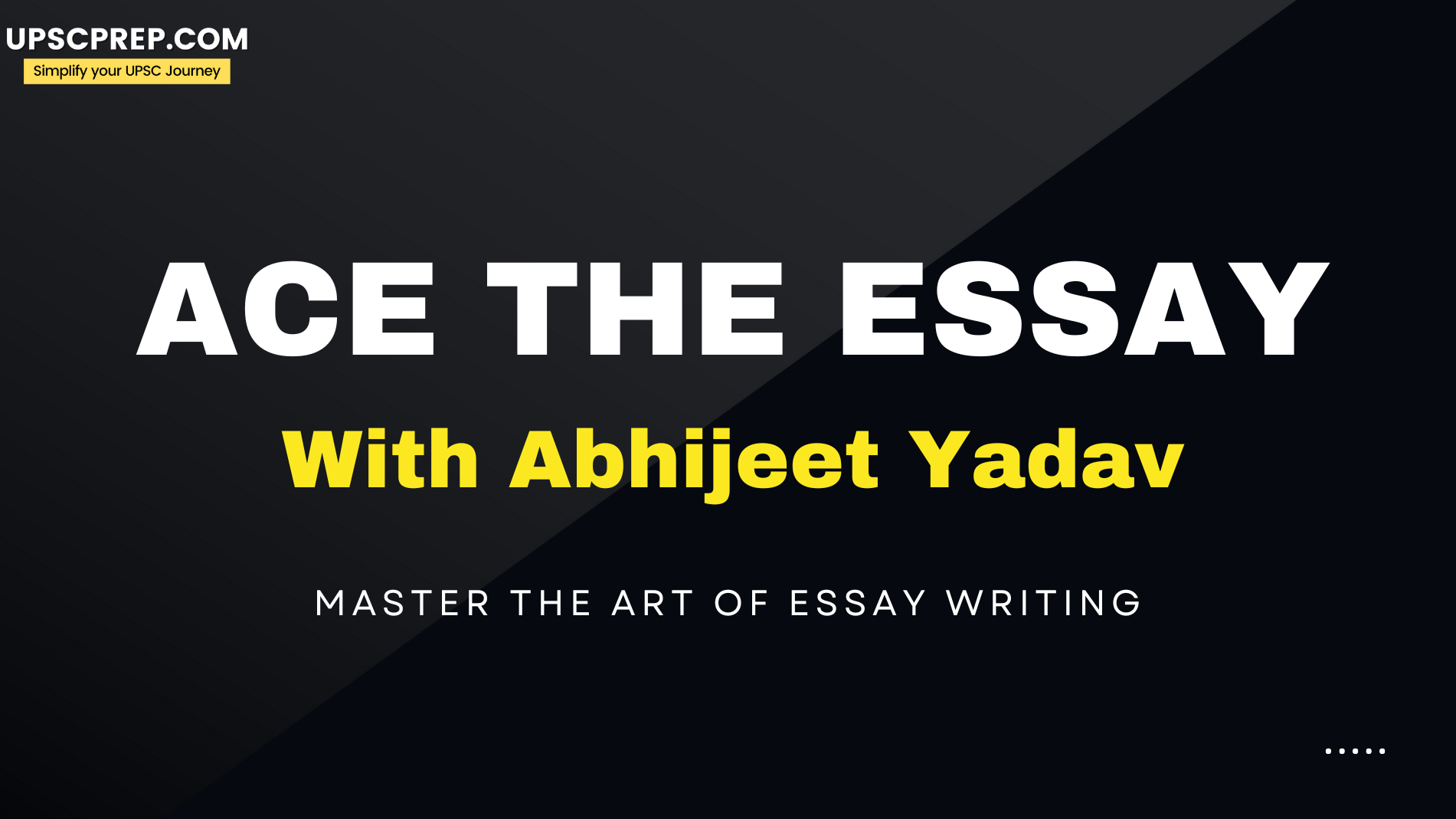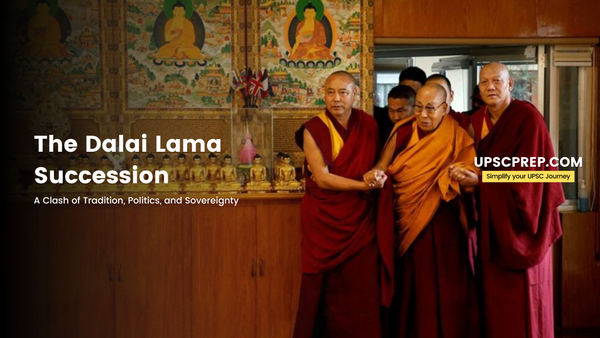The Current Crisis: July 2025
As the 14th Dalai Lama approaches his 90th birthday on July 6, 2025, a significant diplomatic and religious crisis is unfolding. The Tibetan spiritual leader has just announced that his successor will be chosen exclusively by the Gaden Phodrang Trust, directly defying China's claims to control the succession process. This announcement has triggered immediate pushback from Beijing, setting the stage for a complex geopolitical confrontation involving religious freedom, political sovereignty, and international relations.

Understanding the Traditional Succession Process
The Reincarnation Tradition
The selection of the Dalai Lama follows a centuries-old Tibetan Buddhist tradition based on the concept of reincarnation. According to this belief system:
- Tulku System: High-ranking lamas (spiritual teachers) are believed to be reincarnated beings who consciously choose to return to help others achieve enlightenment
- Recognition Process: When a Dalai Lama dies, senior monks and religious authorities conduct searches to identify the child who is believed to be his reincarnation
- Traditional Methods: The search involves various spiritual practices, including:
- Consulting oracles and divination
- Analysing prophetic dreams and visions
- Testing children with objects belonging to the previous Dalai Lama
- Seeking signs and omens



Historical Precedent
The current 14th Dalai Lama, Tenzin Gyatso, was identified through this traditional process in 1937 as a two-year-old child in northeastern Tibet. He was recognised as the reincarnation of the 13th Dalai Lama and officially enthroned in 1940.
Key Institutions in the Succession Process
The Gaden Phodrang Trust
The Gaden Phodrang Trust is the central institution in the current succession controversy:
- Establishment: Founded by the 14th Dalai Lama as a charitable organization
- Registration: Registered in Zurich, Switzerland, as a tax-exempt nonprofit
- Purpose: Originally created to support Tibetan students, scholars, and educational institutions
- Current Role: Now designated as the sole authority to recognize the next Dalai Lama
- Leadership: Managed by the Dalai Lama and supervised by the Swiss Federal Department of Home Affairs
The Gaden Phodrang Foundation
A related but separate entity that works alongside the Trust in preserving Tibetan Buddhist traditions and supporting the Dalai Lama's charitable work.
The Central Tibetan Administration (CTA)
- Location: Based in Dharamshala, India
- Role: Serves as the Tibetan government-in-exile
- Function: Maintains democratic institutions and represents Tibetan interests internationally
- Relationship: Works closely with the Dalai Lama but operates as a separate political entity
China's Position and Claims
Beijing's Assertions
China maintains several key positions regarding the Dalai Lama succession:
- Legal Authority: Claims that Chinese law requires government approval for all reincarnations of "Living Buddhas"
- Historical Precedent: Points to historical instances where Chinese emperors confirmed Dalai Lama selections
- Sovereignty: Argues that as Tibet is part of China, the succession process must occur within Chinese territory and under Chinese oversight
- Anti-Separatism: Views the current Dalai Lama as a "separatist" who seeks to undermine Chinese territorial integrity
Chinese Government Response (July 2025)
Following the Dalai Lama's recent announcement, Chinese Foreign Ministry spokesperson Mao Ning reiterated that the succession must take place in mainland China and get approval from the central government. China has consistently stated that it alone has the authority to appoint the next leader of Tibetan Buddhism.
Historical Context of Chinese Involvement
China's involvement in Tibetan religious affairs intensified after:
- The 1959 Tibetan uprising and the Dalai Lama's subsequent exile
- The establishment of the Tibet Autonomous Region in 1965
- The implementation of regulations governing reincarnation processes in 2007


India's Critical Role
Strategic Importance
India's position in the Dalai Lama succession is multifaceted:
- Host Nation: India has hosted the Dalai Lama and the Tibetan government-in-exile since 1960
- Diplomatic Balancing: Must balance support for the Dalai Lama with its complex relationship with China
- Security Considerations: Views Tibet as strategically important for border security and water resources
- Cultural Connections: Recognizes historical Buddhist ties between India and Tibet
Current Indian Stance
India has generally supported the Dalai Lama's right to choose his successor while avoiding direct confrontation with China. In June 2024, the Times of India, a mainstream newspaper, published an op-ed asking India to prepare for a post–Dalai Lama scenario. The piece advocated for a robust Tibet policy as leverage against China at a sensitive time.
The Dharamshala Factor
The Dalai Lama's residence in Dharamshala, India, adds another layer of complexity. After fleeing Tibet, the current Dalai Lama helped establish a democratic Tibetan government-in-exile in Dharamshala, while also traveling the world to advocate autonomy for the Tibetan people.
International Dimensions
United States Position
The U.S. has taken a supportive stance toward Tibetan autonomy. U.S. lawmakers have previously said they would not allow China to influence the choice of the Dalai Lama's successor. In 2024, then U.S. President Joe Biden signed a law that presses Beijing to resolve a dispute over Tibet's demands for greater autonomy.
Global Religious Freedom Implications
The succession dispute raises broader questions about religious freedom and state interference in spiritual matters. International human rights organizations have condemned China's attempts to control religious practices in Tibet.

The Current Succession Plan
The Dalai Lama's 2025 Declaration
In his recent statement, the 14th Dalai Lama made several key declarations:
- Institutional Continuity: "I am affirming that the institution of the Dalai Lama will continue"
- Exclusive Authority: "I hereby reiterate that the Gaden Phodrang Trust has sole authority to recognize the future reincarnation; no one else has any such authority to interfere in this matter"
- Location Independence: The Dalai Lama has said his successor will be born outside China and urged his followers to reject anyone chosen by Beijing


Breaking from Previous Uncertainty
This declaration represents a significant shift from the Dalai Lama's previous statements. In previous years, he had also said it was possible that there might be no successor at all.
Potential Scenarios and Implications
Scenario 1: Competing Successors
The most likely outcome is the emergence of two competing claimants:
- One chosen by the Gaden Phodrang Trust and recognised by the Tibetan exile community
- Another selected by the Chinese authorities and recognized by Beijing
Scenario 2: International Recognition Battle
Different countries may recognise different successors, creating a diplomatic split similar to historical papal schisms.
Scenario 3: Institutional Evolution
The succession process may evolve beyond traditional reincarnation concepts, potentially incorporating more democratic elements as the Dalai Lama has previously suggested.
Challenges and Complexities
Religious vs. Political Authority
The succession dispute highlights the tension between:
- Traditional religious authority based on spiritual recognition
- Modern political sovereignty and state control
- International law and human rights principles
Practical Considerations
Several practical challenges complicate the succession:
- Physical Access: Chinese control of Tibet limits access for traditional search procedures
- Authenticity: Questions about the legitimacy if the process cannot follow traditional protocols
- Security: Safety concerns for potential candidates and their families
- Documentation: Proving the validity of the selection process to international observers
The Role of Technology and Modernity
The succession process must navigate between ancient traditions and modern realities, including:
- Global communications and media attention
- International law and diplomatic protocols
- Changing attitudes toward religious authority among younger Tibetans

Broader Implications
For Tibet and Tibetan Buddhism
The succession outcome will significantly impact:
- The unity of the Tibetan Buddhist community
- The preservation of Tibetan cultural and religious traditions
- The political future of the Tibet movement
For China-India Relations
The dispute adds another layer of complexity to already strained China-India relations, particularly regarding:
- Border disputes in the Himalayas
- Competition for influence in South Asia
- Water rights and environmental concerns
For International Relations
The succession creates challenges for countries seeking to balance:
- Support for religious freedom and human rights
- Economic and diplomatic relationships with China
- Stability in the Asia-Pacific region
Conclusion: An Unfolding Crisis
The Dalai Lama succession represents more than a religious transition—it embodies a fundamental clash between competing worldviews about sovereignty, religious freedom, and cultural preservation. As the 14th Dalai Lama approaches his 90th birthday, his recent declaration that his successor will be chosen by free Tibetans and the Gaden Phodrang Trust, defying Chinese interference, sets the stage for a protracted international dispute.

The resolution of this crisis will likely depend on several factors: the international community's commitment to religious freedom, China's willingness to allow traditional processes to proceed, India's diplomatic approach, and the Tibetan people's ability to maintain unity across political and geographical divisions.
What remains certain is that the succession process will be closely watched by governments, religious communities, and human rights organisations worldwide, as it represents a critical test of whether ancient spiritual traditions can survive in an increasingly interconnected and politically complex world.
The stakes extend far beyond the selection of a single religious leader—they encompass fundamental questions about cultural survival, religious autonomy, and the balance between traditional authority and modern state power in the 21st century.
Also read:


Note: This is a developing story; updates will be added to this page.

Ace the Essay (With Abhijeet Yadav Sir)
A comprehensive course to MASTER the ART AND CRAFT OF ESSAY WRITING
